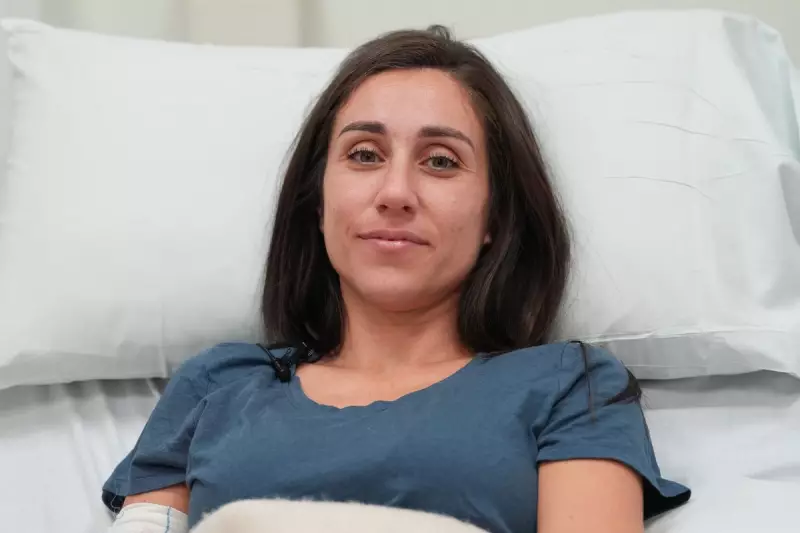
In a landmark moment for British healthcare, a teacher has become the first patient in the United Kingdom to receive a revolutionary new therapy for multiple sclerosis that doctors are hailing as a potential 'game-changer' for the debilitating condition.
A New Dawn for MS Treatment
The pioneering treatment, known as CAR-T therapy, represents a completely different approach to managing MS by reprogramming the body's own immune cells to stop attacking the nervous system. This innovative technique has shown remarkable promise in early trials for effectively halting disease progression.
'This is potentially transformative,' explained Professor James Larkin, consultant neurologist at University College London Hospitals NHS Trust. 'We're essentially resetting the immune system rather than just suppressing it, which could offer long-term remission for patients who have exhausted other options.'
How the Revolutionary Therapy Works
The treatment process involves several sophisticated steps:
- Blood is drawn from the patient and T-cells are separated
- These cells are genetically engineered to recognise and eliminate harmful B-cells
- The modified CAR-T cells are then reinfused into the patient
- These 'supercharged' cells target and destroy the immune cells responsible for nerve damage
Patient Experience and Future Prospects
The first recipient, a teacher whose identity remains confidential, underwent the procedure at London's National Hospital for Neurology and Neurosurgery. Medical teams reported the treatment was administered successfully, with the patient showing positive early responses.
This breakthrough comes after decades of research into more effective MS treatments. Unlike conventional therapies that require ongoing medication, CAR-T therapy aims to provide lasting benefits from a single treatment course, potentially freeing patients from regular injections or infusions.
What This Means for the MS Community
With approximately 130,000 people living with multiple sclerosis in the UK, this development offers new hope for those with aggressive forms of the disease. While currently available to a limited number of patients through clinical trials, success could lead to wider availability within the NHS in coming years.
The medical community is watching closely as this treatment could potentially revolutionise how autoimmune conditions are treated beyond just multiple sclerosis, opening new avenues for conditions like lupus and rheumatoid arthritis.





